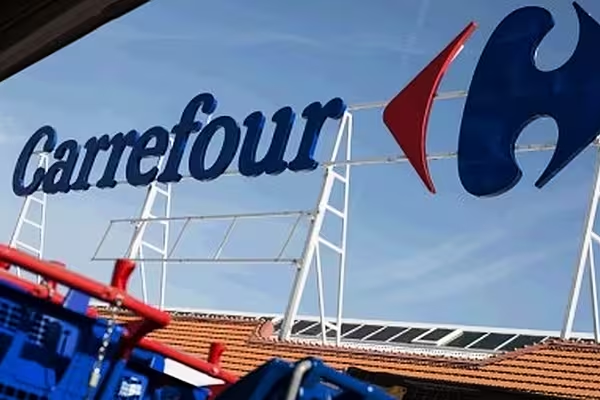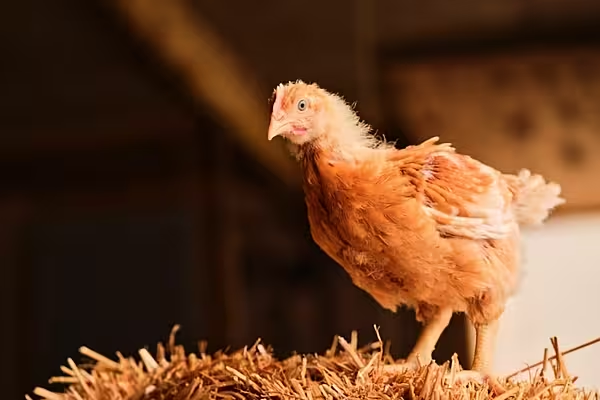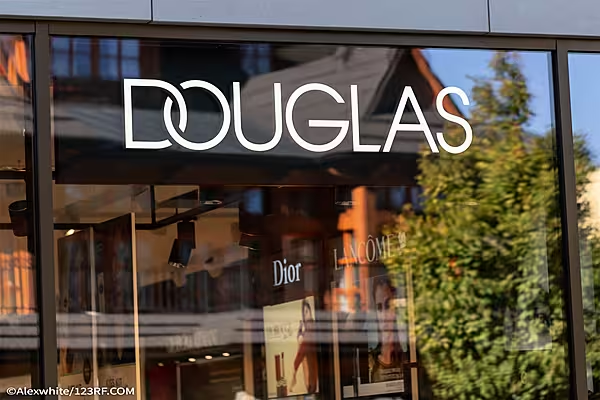Some 70% of household purchasing decisions in France are made with a view to saving money, new data from Kantar has found.
While inflation has started to decline in France in recent months, a lengthy period of high food costs has hit purchasing hard, with FMCG purchase volumes dropping by 4.3% this year compared to 2022.
In addition, close to half (48%) of French consumers are looking to reduce waste from the products that they purchase.
According to Kantar, more and more households are cutting back on purchases of fish – which has gone down by 6%, in volume terms – meat, which has gone down by 3%, and fruit and vegetables, which have gone down by 4%.
Out-Of-Home Consumption
Home consumption has also been impacted by a spike in out-of-home dining, driven by the good weather in France this summer.
The HoReCa channel saw an 8% increase in sales in the first eight months of this year, on top of a 16% increase in the same period in 2022, compared to a COVID-impacted 2021.
Other factors that are influencing consumption habits include shopping frequency, with French consumers visiting stores more often, but putting fewer products in their shopping carts.
Private-Label Sales
French consumers are also purchasing more private-label items, with store brands seeing a 2.7% increase in market share in the first eight months of 2023.
This, in turn, has been boosted by retailers including private-label items in their ‘anti-inflation baskets,’ Kantar noted.
The findings in the study were determined by Kantar’s MyWorldpanel platform, incorporating a panel of 20,000 French households.
Read More: French Bill Moves Food Price Deadline Up To Middle Of January











